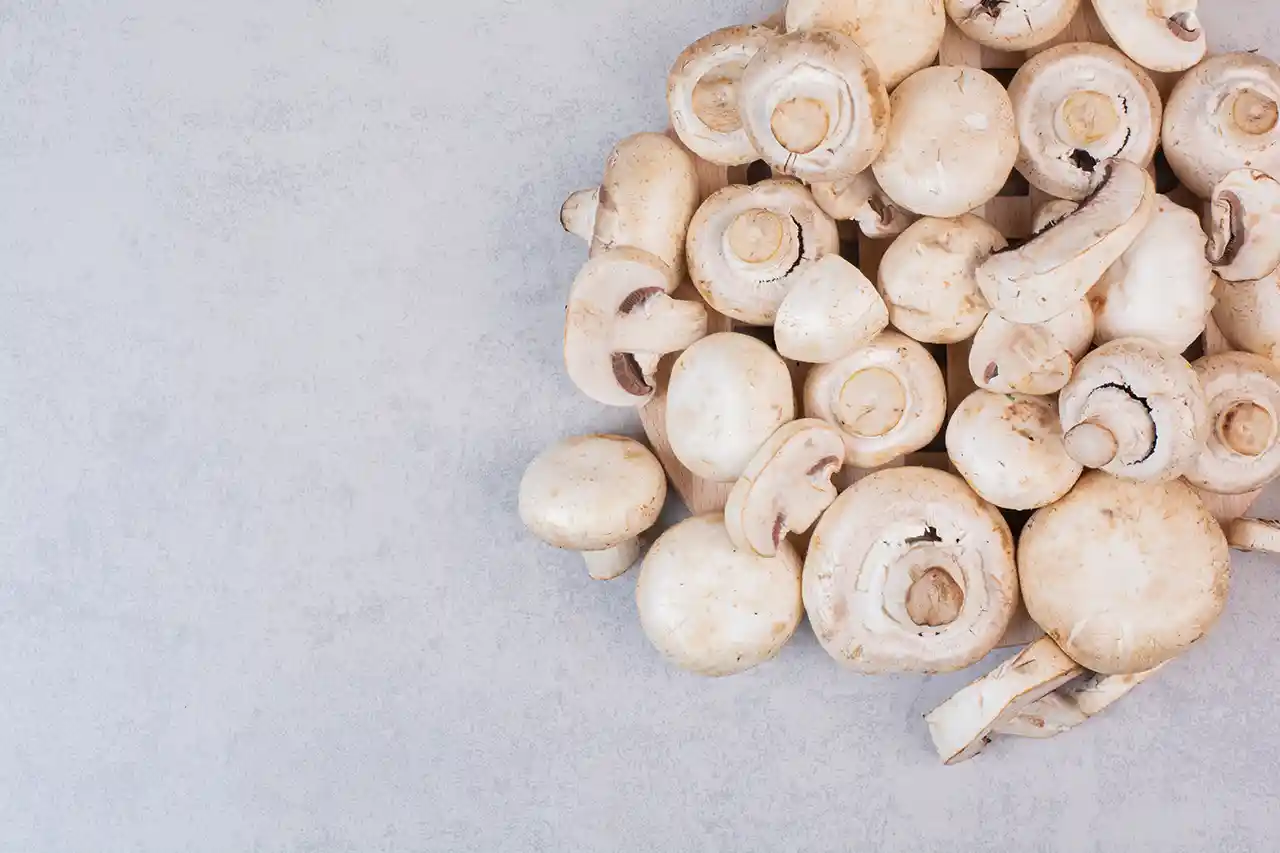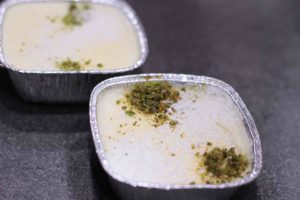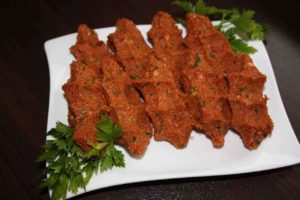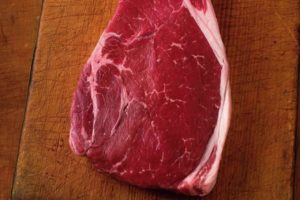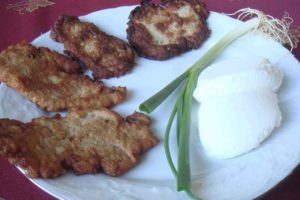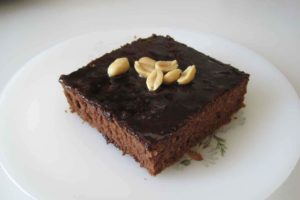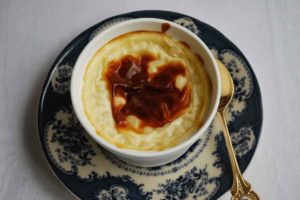For hygienic reasons, it is often preferable to wash fruits and vegetables before eating them. But is this rule valid for all? Let me enlighten you.
Apples, tomatoes, salad, or even rice… Before you start preparing a meal, there are many foods that it is recommended to wash or at least to pass underwater. For hygienic reasons, but also to get rid of possible pesticide residues, this step is sometimes a must. However, does all food have to be washed before being cooked or eaten? In reality, this gesture can sometimes be useless or even have the opposite effect.
Never Wash The Chicken
The list of foods that should never be washed starts with chicken. When you unpack your chicken, if you feel like it is essential to wash it, you are on the wrong track. Raw chicken is very fragile and already contains a large number of bacteria in its flesh. When you wash it, you allow bacteria to multiply and grow all over its surface. Moreover, these bacteria are not always sensitive to heat and may not die during cooking. This is a real health concern since bacterial growth can cause infections such as salmonellosis or E. Coli. If you want to clean your chicken before cooking it, prefer a lemon juice or vinegar rinse.
*Note that this also applies to meat in general which, being a fresh product, can be put directly into the pan.
Do Not Wash The Eggs
For the same reason why we shouldn’t wash chicken, it is strongly recommended not to wash eggs. Contrary to what you might think, the eggshell is not a 100% airtight barrier, in fact, it is rather porous. When you wash your eggs, you destroy the protective film that covers them. When the exposed shell comes into contact with water, it is prone to bacterial growth. Here again, there is a risk of salmonella contamination that can be easily avoided. If your egg is a little dirty and it really bothers you, you can always scrub the shell with a small brush before putting it away or breaking it to prepare breakfast.
Read More: 12 Mistakes You Didn’t Know You Are Making In The Kitchen
Don’t Wash The Mushrooms
It is not uncommon to buy mushrooms at the market and find them full of dirt. Eating dirt is not a good idea so the first thing that comes to mind is to wash the mushrooms with water to get rid of the dirt. Except that when you wash fresh mushrooms, they react exactly like a sponge: they soak up water. Unfortunately, once watery, they become bland and useless in a recipe. Usually, the mushrooms you buy from markets have been pasteurized and are therefore already quite clean. You can still cut off the stem to avoid getting dirt on your plate and brush the head to remove any residue.
This oil sprayer will make things a lot easier in the kitchen.
Don’t Wash The Onions
Onions arrive at your house already well protected by a fairly thick layer of skin. Before you cry while cutting your onions into strips, you should peel them and put that skin in the trash. It is this gesture that exempts you from running your onions underwater. Any dirt they may contain is stuck to their outer surface and therefore had no contact with the edible part. You can still put them under or in water to reduce their effect on your tear glands.
*Note that this also applies to shallots and garlic.
Don’t Wash The Avocados
Hidden under its black, grainy skin, the flesh of the avocado is quite safe. Its skin is so dense that it acts as a barrier against all external aggressions and pesticides. This makes the very principle of washing unnecessary. Not to mention that if water accidentally gets into your avocado and you refrigerate it before eating it, there is a good chance that the flesh will turn black twice as fast. So, skip the sink for this food. Just cut and put it to enjoy its flavors safely.
No Need To Wash Fruits & Veggies If You Are Going To Peel Them
Just like onions and avocados, some fruits and veggies arrive at your home still protected by their skin. The skin is not edible and must be removed and discarded before you can access the fruit. This means that the part you are going to eat is entirely healthy since it has been preserved by its skin from any potential external danger. There is no need to wash oranges, kiwis, melons, bananas or mangoes. These fruits are very well isolated from microbes and pesticides by their skin. Of course, if you want to do it anyway, there is no risk of developing infections

